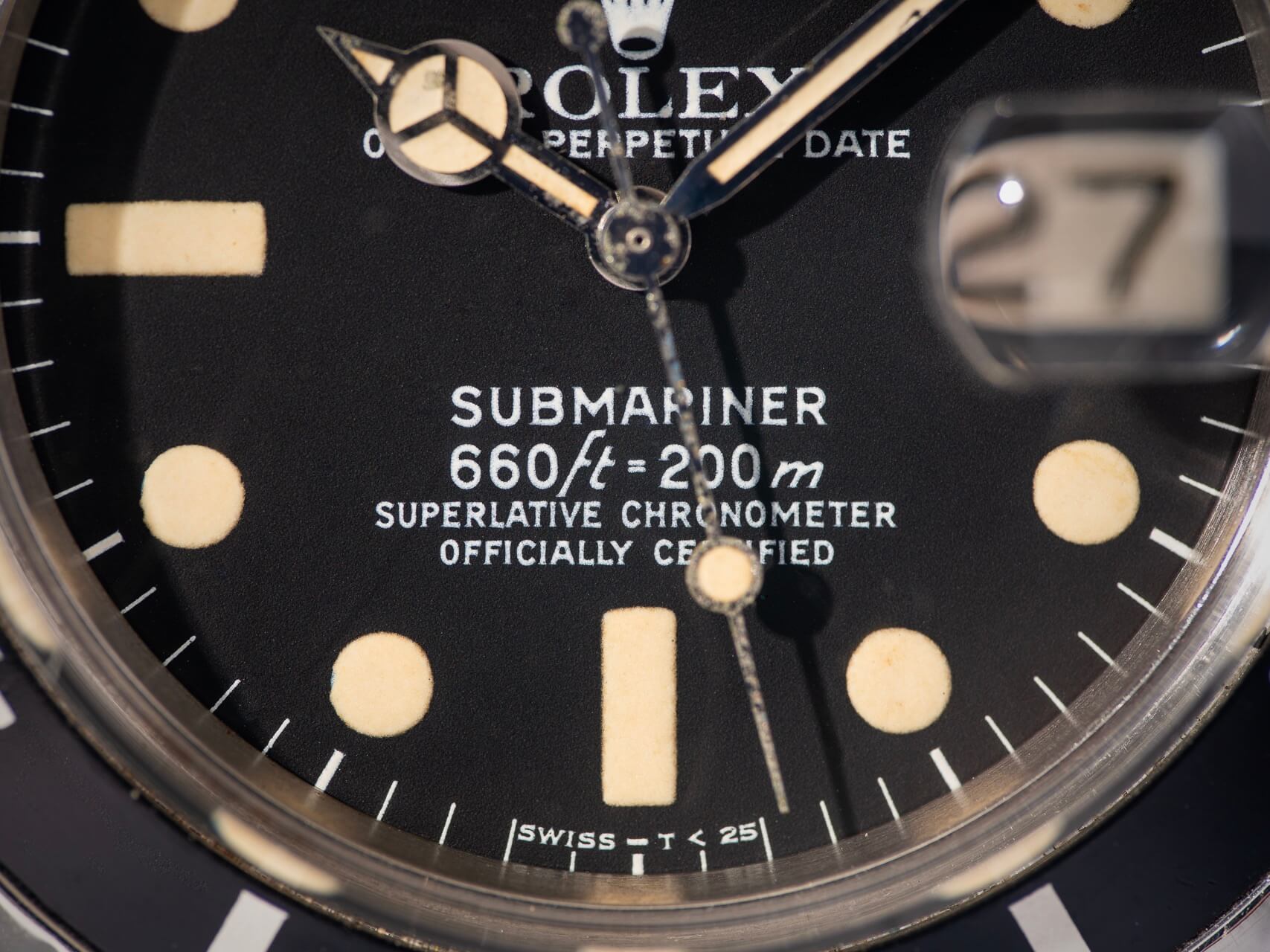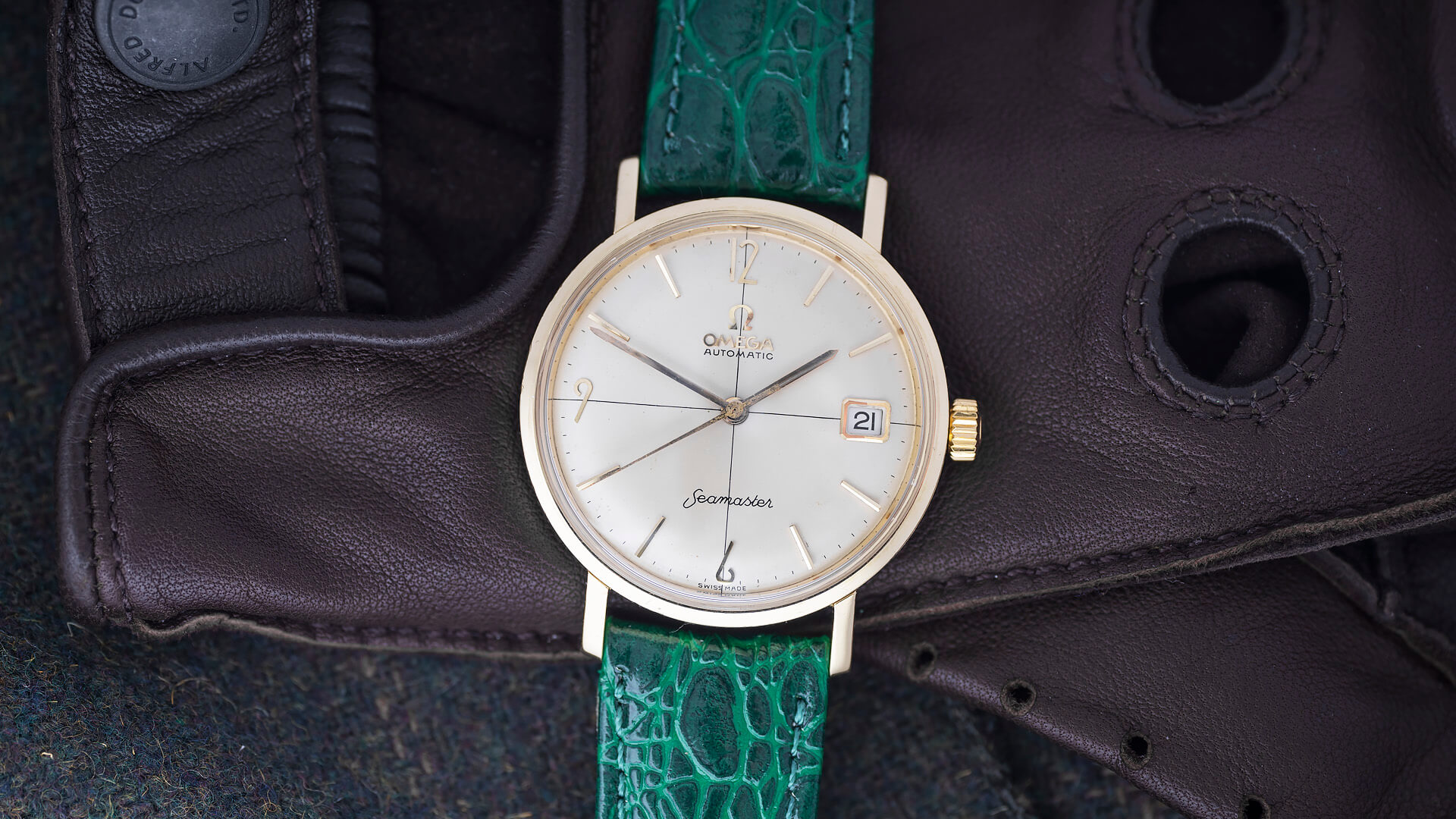Sea, Salt, & Swimming; How To Care For Your Watches During The Summer Months

As we move towards summer, many of you travel to warm and beautiful locations to enjoy some rest and relaxation. If you are reading this, you most likely have a passion for watches, so one or more will accompany you on your trip. These are often exposed to different activities as you would enjoy in your day-to-day life. Before doing that, it is a good thing to realize a few things to ensure that you take your precious timepiece back home in the same condition as when you were going, focusing on the main danger; water.

Always check the depth rating of your watch before entering the water
The first might be an open door, but is your watch actually waterproof? Particular vintage watches that were not created for diving are often not or insufficient. While many watches have a depth rating, this only relates to the pressure the timepiece is tested at. Anything rated below 10 ATM/100 meters is safer on land. Anything above that is fine to accompany you in the water, unless you are not going deep-sea diving. Otherwise, it is safer to take a watch that is rated at least 20 ATM/200 meters. Do note that a watch is rated before it leaves the manufacture and during each service. Has it been a while for either, and do you intend to participate in any watersports it is best to have it checked again. The seals within the watch that keep the water out, age as well, which eventually will affect the watch’s water resistance.

Make sure the crown is always screwed tight
Before entering the water, always check and see if your crown is in the right position and screwed down, if your timepiece has this function. Too often, people travel to a different timezone, set the watch but forget this. As the seals are then not in place, water can enter the movement leading to very costly repairs.
Another open door is that only metal bracelets and rubber straps don’t mind water. Leather, on the other hand, will soak itself full of water, and while you can dry this, it will deteriorate the strap at high speed while decreasing the wearing comfort significantly. Yes, there are waterproof leather straps, but those are not that common. You can easily find out if you have one, because it should be marked as such.

Even when wearing the name of an iconic dive watch doesn’t make this Omega suitable to enter the water without precautions.
If your watch and bracelet/strap can handle the water, it is always best to rinse it off under fresh water every time you went from a swim/dive. Both salt and chlorine can have a negative effect on seals but also on a rubber strap. A simple and short rinse under tap water makes it so that you are safe and not sorry later. These things will ensure that your timepiece will enjoy the holiday as much as you do.